Invitation to the conference "Lithuanian MSc Research in Informatics and ICT"
We invite final year undergraduate students, postgraduate students and those who have already graduated from Master's studies to participate in the scientific conference "Lithuanian MSc Research in Informatics and ICT". The aim of the conference is to allow young people to present their MSc thesis research to colleagues from other universities. The event is open to a wide range of research and applications in computer science and IT. The conference is organised by the Institute of Data Science and Digital Technologies of VU MIF and the Lithuanian Academy of Sciences.








